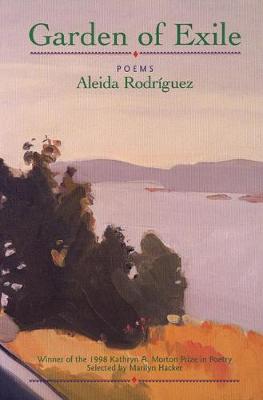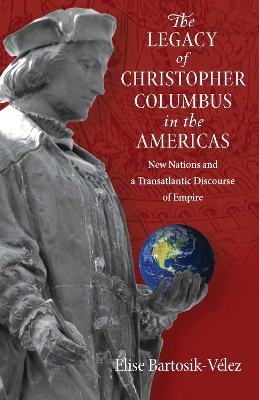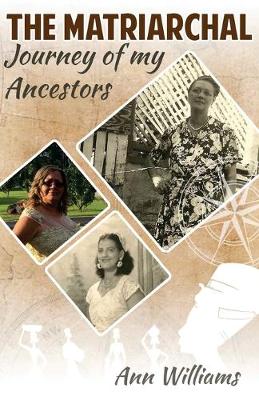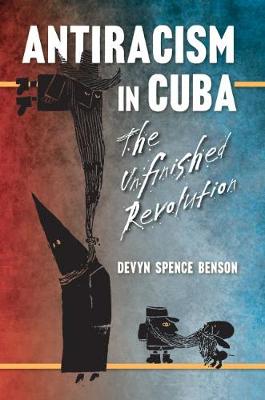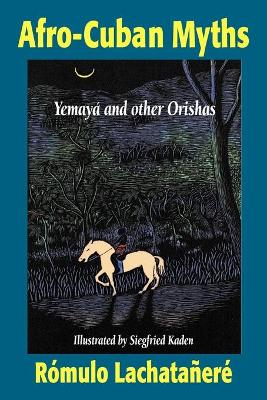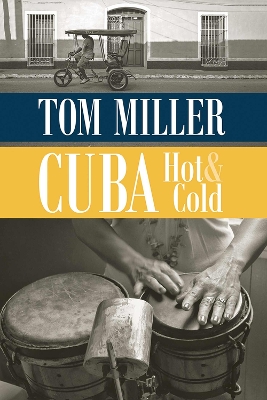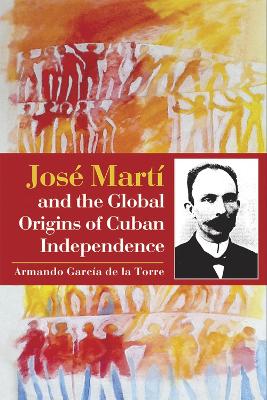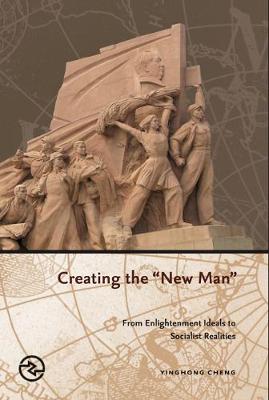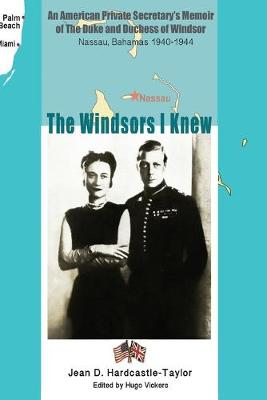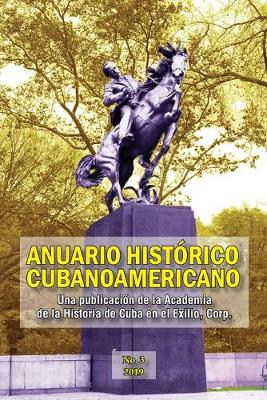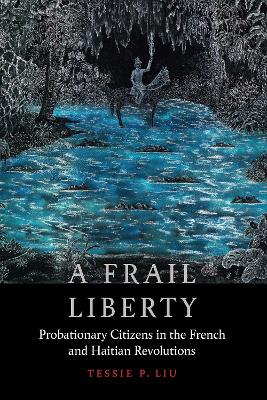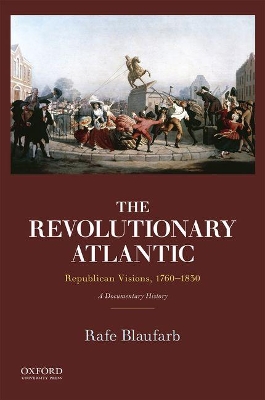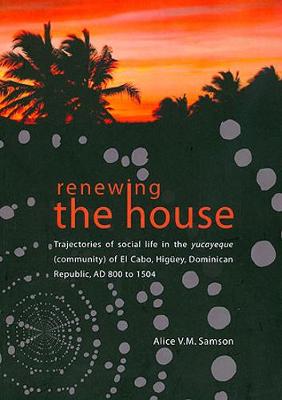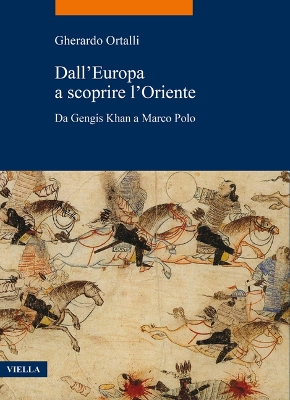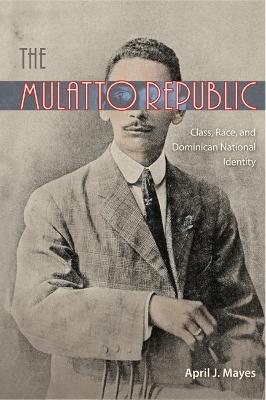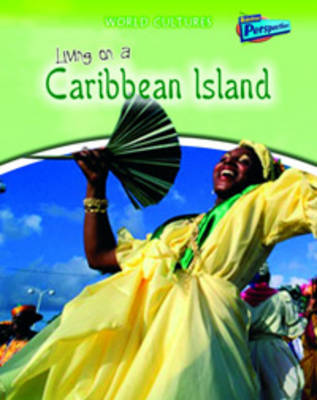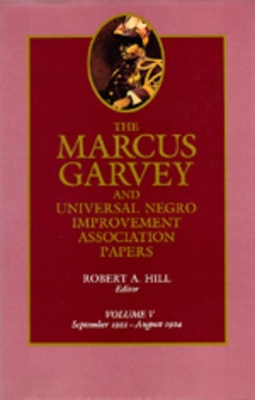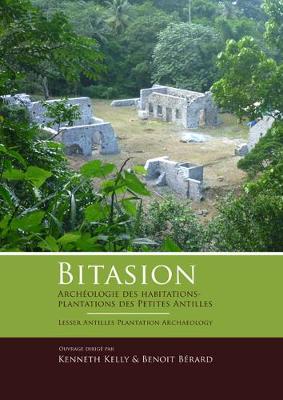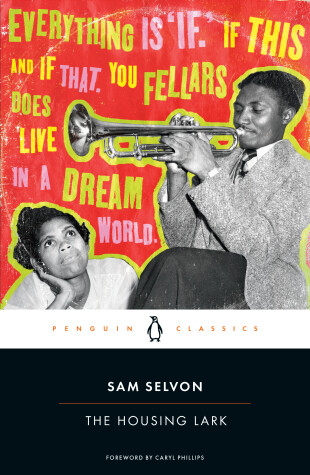Latin America and the Caribbean
A unique approach to the study of Latin America, it combines (in two parts) a systematic survey of geography, demography, agriculture, communications, industry and urban and political aspects of Latin America with a regional coverage of the area. The regional groupings are: Mexico and Central America, the Caribbean, Andean America, Brazil and the Southern Cone.
Aleida Rodríguez's first full-length collection of poems, Garden of Exile, was selected by Marilyn Hacker as the 1998 winner of the Kathryn A. Morton Prize in Poetry.Garden of Exile reveals a life enriched by layers of language and culture. Rodr‚guez was born in Cuba and emigrated to the Midwest at age nine via Operation Peter Pan. These poems are psalms that celebrate the pleasures of experience made palpable through language.Rodríguez counts her bilingual lexicon as a double blessing: "Earth's...
The Legacy of Christopher Columbus in the Americas
by Elise Bartosik-Velez
Why is the capital of the United States named in part after Christopher Columbus, a Genoese explorer commissioned by Spain who never set foot on what would become the nation's mainland? Why did Spanish American nationalists in 1819 name a new independent republic ""Colombia,"" after Columbus, the first representative of the empire from which they had recently broken free? These are only two of the introductory questions explored in The Legacy of Christopher Columbus in the Americas, a fundamen...
Analyzing the ideology and rhetoric around race in Cuba and south Florida during the early years of the Cuban revolution, Devyn Spence Benson argues that ideas, stereotypes, and discriminatory practices relating to racial difference persisted despite major efforts by the Cuban state to generate social equality. Drawing on Cuban and U.S. archival materials and face-to-face interviews, Benson examines 1960s government programs and campaigns against discrimination, showing how such programs frequen...
African cults and religions enrich all aspects of Cuba's social, cultural and everyday life, and encompass all ethnic and social groups. Politics, art, and civil events such as weddings, funerals, festivals and carnivals all possess distinctly Afro-Cuban characteristics. Miguel Barnet provides a concise guide to the various traditions and branches of Afro-Cuban religions. He distinguishes between the two most important cult forms - the Regla de Ocha (Santeria), which promotes worship of the Oshi...
Jose Marti and the global Origins of Cuban Independence
by Armando Garcia De La Torre
A nationalist campaigner, civil rights advocate, diplomat, lecturer and orator, journalist, poet, author of children's stories, visionary champion of anti-colonial Latin American and Caribbean thought, all are expressions of Jose Marti's (1853-95) extraordinary life in fighting for Cuba's definitive independence. This work opens a new path in studies of Marti's efforts to build a modern democratic Cuba by widening the lens under which the Cuban hero has been examined. In joining these different...
Creating the New Man (Perspectives on the Global Past)
by Yinghong Cheng
The idea of eliminating undesirable elements from human nature to create a ""new man"" has been part of moral and political thinking worldwide for millennia. During the Enlightenment, European philosophers sought to construct an ideological framework for reshaping human nature. But it was only among the communist regimes of the twentieth century that such ideas were actually put into practice on a nationwide scale. In this book Yinghong Cheng examines three culturally diverse socio-political exp...
In the Fires of Hope: Trinidad & Tobago at 50 is the first in a 2-volume series, which is the outcome of conference papers, lectures and special presentations held at The University of the West Indies, St Augustine campus to celebrate Trinidad and Tobago's 50th anniversary of independence. The centrepiece of this first volume are the "Conversations" in which former Prime Minister ANR Robinson and Basdeo Panday are engaged by an audience in speaking freely about their respective tenures in offic...
A Frail Liberty (France Overseas: Studies in Empire and Decolonization)
by Tessie P. Liu
A Frail Liberty traces the paradoxical actions of the first French abolitionist society, the Société des Amis des Noirs (Society of the Friends of Blacks), at the juncture of two unprecedented achievements of the revolutionary era: the extension of full rights of citizenship to qualifying free men of color in 1792 and the emancipation decree of 1794 that simultaneously declared the formerly enslaved to be citizens of France. This society helped form the revolution’s notion of color-blind equalit...
This is a sourcebook on the "revolutionary Atlantic," a term historians increasingly use to describe the way the many revolutions from 1776 (USA) to 1826 (end of the wars of independence in Latin America) can be viewed as part of a connected whole. It is the first text to examine the American Revolution, the French Revolution, the Haitian Revolution, and the various Latin American Revolutions from a synoptic perspective.
This study is a contribution to the household archaeology of the Caribbean. The aim of the research was to come to a material definition of the pre-colonial house, rather than rely on the few, short, Spanish colonial descriptions. Archaeological research from the indigenous Taíno site of El Cabo in the Dominican Republic is presented and seven centuries of community history from development and growth, to eventual demise after European contact is narrated through the dominant structure, t...
The Dominican Republic was once celebrated as a mulatto racial paradise. Now the island nation is idealized as a white, Hispanic nation, having abandoned its many Haitian and black influences. The possible causes of this shift in ideologies between popular expressions of Dominican identity and official nationalism has long been debated by historians, political scientists, and journalists. In The Mulatto Republic, April Mayes looks at the many ways Dominicans define themselves through race, skin...
Blind Over Cuba (Foreign Relations and the Presidency)
by David M Barrett and Max Holland
In the aftermath of the Cuban Missile Crisis, questions persisted about how the potential cataclysm had been allowed to develop. A subsequent congressional investigation focused on what came to be known as the "photo gap": five weeks during which intelligence-gathering flights over Cuba had been attenuated. In Blind over Cuba, David M. Barrett and Max Holland challenge the popular perception of the Kennedy administration's handling of the Soviet Union's surreptitious deployment of missiles in t...
Living on a Caribbean Island (World Cultures)
by Louise Spilsbury and Richard Spilsbury
What type of music do the Creole play? How do you catch a land crab? How do you dance the limbo? Guadeloupe is an island in the Caribbean Sea. The people who live there are mostly Creole. In this book, you will learn all about the way they live. It is always warm in the Caribbean, but hurricanes are common. Most houses are made of concrete to keep them from blowing away.
The fifth volume of this monumental series chronicles what was perhaps the stormiest period in the history of Marcus Garvey and the UNIA: the aftermath of the tumultuous 1922 convention. Outside the UNIA a growing list of opponents, including the black Socialists A. Philip Randolph and Chandler Owen, and the NAACP's Robert Bagnall and William Pickens, were turning their criticism of the controversial Jamaican into a "Garvey Must Go" campaign. Meanwhile, Garvey's former UNIA ally, Rev. J. W. H. E...
Les habitations-plantations constituent le creuset historique et symbolique ou fut fondu l'alliage original que sont les cultures antillaises. Elles sont le berceau des societes creoles contemporaines qui y ont puise tant leur forte parente que leur diversite. Leur etude a ete precocement le terrain de predilection des historiens. Les archeologues antillanistes se consacraient alors plus volontiers a l'etude des societes precolombiennes. Ainsi, en dehors des travaux pionniers de J. Handler et F....
The humorous yet poignant novel of West Indian migrant life in London that adds an iconic voice to the growing Caribbean canon A Penguin Classic Set in London in the 1960's, when the UK encouraged its Commonwealth citizens to emigrate as a result of the post-war labor shortage, The Housing Lark explores the Caribbean migrant experience in the "Mother Country" by following a group of friends as they attempt to buy a home together. Despite encountering a racist and predatory rental market, the f...

